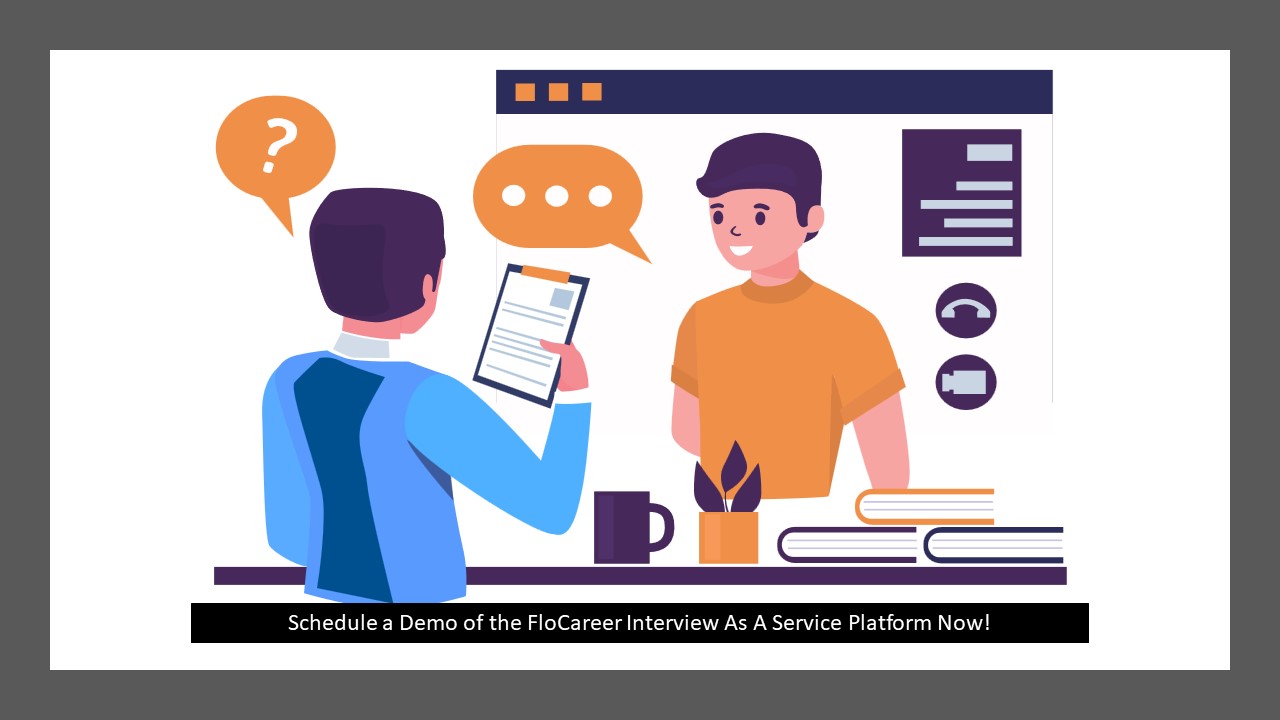According to BNI, this is International Networking Week is celebrated annually in different countries for a week in the first week of February to bring business professionals together and share their experiences. This year, it is celebrated from February 6 to 12.
The initiative was a brainchild of BNI (Business Networking International), an organization that holds annual events during this holiday and also provides business leaders a chance to develop professional relations with other participants to network and drive sales.
In recognition of International Networking week, we invited Networking Superstar, Diane Darling, to speak to our team of FloExpert interviewers.
Diane shared her tips for successful networking with our team. According to her, it's critical to build your network continuously, way before you need it. And just as important, establishing trust.
Building it before you need it when it comes to networking means investing in relationships in advance. It means building meaningful relationships with people who can potentially help you out when the time comes. It also involves staying up-to-date on industry trends, attending events, and actively reaching out to potential contacts.
Making connections before they are needed can be beneficial because it helps ensure that successful relationships are already in place when a job opportunity or other form of assistance is required.
Diane also boiled it down into three very important facets:
- Strategy - Get Visible
- Skills - Let people know how you will get the networking work done.
- Serendipity - The importance of being spontaneous and always being ready for the magic.
Diane also provided some very unique guidance on becoming a great networker at conferences.

"I find there's a lot of pressure to add more people. And I'm not saying that you don't wanna add more people, but I do think in some cases we need to take care of the kids we have under our own roof.
And so, you know, go to your LinkedIn network and you can download it and into a spreadsheet and say, you know, who's there, you know, who is somebody who you could say hello to who's somebody you see who's changed a job and just say, Thinking of you, that type of a thing.
It doesn't need to be too elaborate, but it's some of those things that's just really, again, a sense of kindness. If you don't have a CRM or some sort of a contact management tool, this is a really, you can do this on a Google spreadsheet and that's something that you can do. I will, I also have a chart here, and I'll put it here on the.
Here's a link to a chart called How to Work a Room. It's a great schematic for you to think about. One thing that I do is I, I Google the speakers ahead of time. And then sometimes if I'm daring, I'll actually send them an email. I'll say, is there a question you'd like me to ask during the q and a?
And so that's kind of a fun thing to do because you often find. If it's conferences, there's just nobody who answers the question, asks a question. I'm like, I'll ask the first question. And they're like, thank you. You know, I, I've, I've met, you know, Billy Jean King this way."
Antony Mariana from our Interviewer Center of Expertise team digested Diane's presentation and distilled it down into a few key elements as well as his own.
Antony's Tips
Networking is the key to success! Whether you're looking for a new job, seeking advice, or simply looking to expand your professional circle, building and maintaining a strong network is essential. Here are a few tips to help you get started:
Start by identifying your target audience. Who do you want to connect with and why?
Get involved in industry events, online communities, and professional organizations. This is a great way to meet new people and build your network.
Leverage LinkedIn! Connect with people in your industry, join groups, and engage in discussions. This is a great way to showcase your expertise and build your personal brand.
Follow up with the people you meet. A quick message or email is a great way to keep the conversation going and solidify the relationship.
Be helpful and offer value to your network. Share articles, provide introductions, and offer advice. This will help you establish a strong reputation and build long-lasting relationships.
Remember, networking is all about building relationships. So be authentic, be yourself, and most importantly, be persistent! The more you put into it, the more you'll get out of it.
And now, from the "experts" at ChatGPT, here are some more tips on networking success.
Tips on becoming a better networker
1. Be authentic and genuine in your interactions with others. People are more likely to trust and remember someone who is honest and sincere.
2. Be prepared to offer help and value to others before seeking help in return. This creates a positive dynamic in the relationship.
3. Focus on building relationships, not just collecting business cards. Take the time to get to know people and understand their interests, goals, and challenges.
4. Make use of social media and other online tools to expand your network. LinkedIn is a great platform for connecting with professionals in your field.
5. Attend networking events and conferences, and be active in professional organizations related to your industry.
6. Follow up with people you meet and stay in touch, even after the initial meeting. This helps maintain the relationship and can lead to opportunities down the road.
7. Continuously work on self-improvement and be open to learning new skills. This will make you a valuable person to know and increase your confidence in networking situations.
Qualities that top networkers exhibit
1. Good communication skills: They are able to effectively communicate their ideas, thoughts and goals to others, building trust and rapport.
2. Active listening: They pay close attention to what others are saying and are genuinely interested in their opinions and ideas.
3. Empathy: They are able to put themselves in others' shoes, understand their perspectives, and connect with them on a personal level.
4. Confidence: They are comfortable in social situations and are able to present themselves professionally.
5. Resourcefulness: They are able to leverage their resources and connections to benefit themselves and others.
6. Adaptability: They are able to adjust to changing circumstances and are able to form meaningful relationships with a wide range of individuals.
7. Generosity: They are willing to give of their time, resources and connections to help others, creating a positive dynamic in the relationship.
8. Positive attitude: They have a positive outlook on life and exude energy and enthusiasm, making them a pleasure to be around.
Classic Networking Books For Further Reference
1. Never Eat Alone: And Other Secrets to Success, One Relationship at a Time by Keith Ferrazzi
2. The Art of Connecting: How to Overcome Differences, Build Rapport, and Communicate Effectively with Anyone by Michael J. Gelb
3. How to Win Friends and Influence People by Dale Carnegie
4. The Networking Survival Guide: Get the Success You Want by Making the Connections You Need by Diane Darling
5. Powerful Personal Brands: Achieving Success Through the Power of Personal Branding by John Associates
6. The Charisma Myth: How Anyone Can Master the Art and Science of Personal Magnetism by Olivia Fox Cabane
7. The Likeability Factor: How to Boost Your L-Factor and Achieve Your Life's Dreams by Tim Sanders



